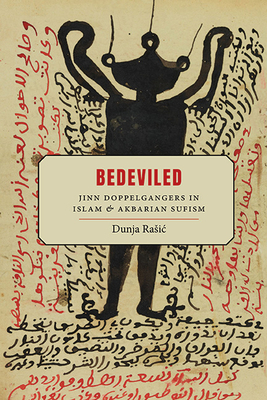
description
er jinn have long haunted Muslim cultures and societies. These also include jinn doppelgangers (qarīn, pl. quranāʾ), the little-studied and much-feared denizens of the hearts and blood of humans. This book seeks out jinn doppelgangers in the Islamic normative tradition, philosophy, folklore, and Sufi literature, with special emphasis on Akbarian Sufism. Muḥyī al-Dīn Ibn ʿArabī (d. 1240) wrote on jinn in substantial detail, uncovering the physiognomy, culture, and behavior of this unseen species. Akbarians believed that the good God assigned each human with an evil doppelganger. Ibn ʿArabī's reasoning as to why this was the case mirrors his attempts to expound the problem of evil in Islamic religious philosophy. No other Sufi, Ibn ʿArabī claimed, ever managed to get to the heart of this matter before him. As well as offering the reader knowledge and safety from evil, Ibn ʿArabī's writings on jinnealogy tackle the even larger issues of spiritual ascension, predestination, and the human relationship to the Divine.
member goods
No member items were found under this heading.
Return Policy
All sales are final
Shipping
No special shipping considerations available.
Shipping fees determined at checkout.







